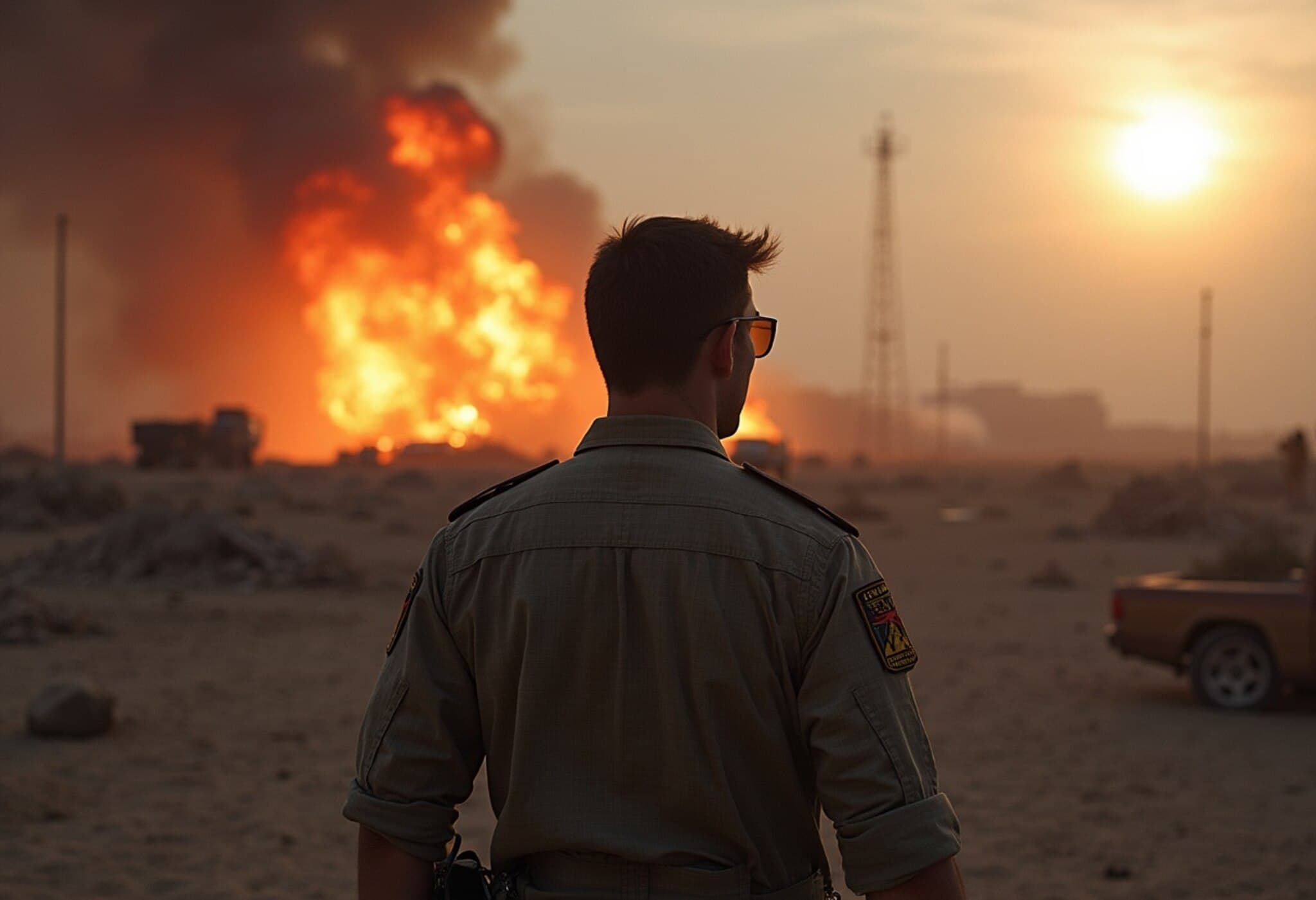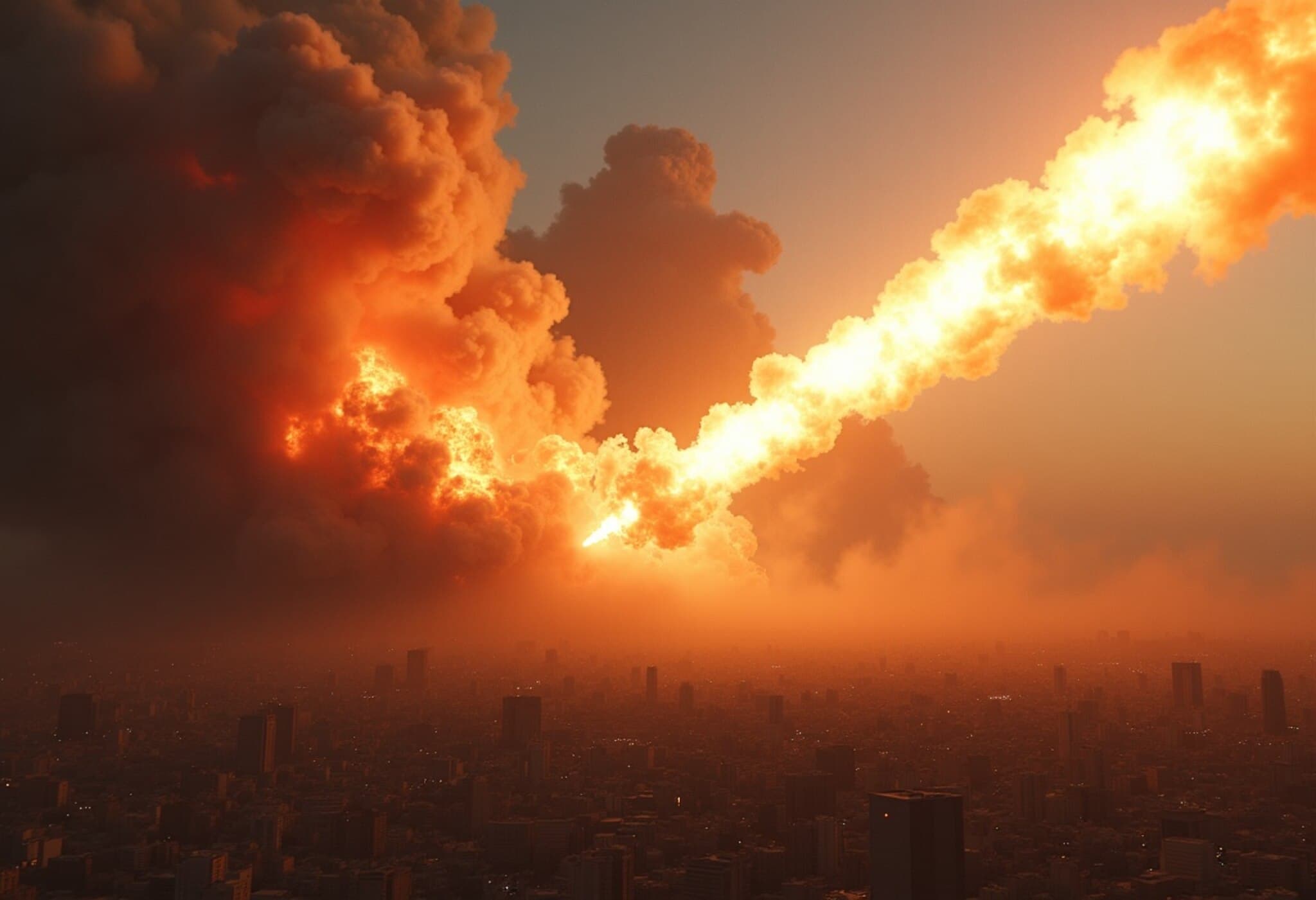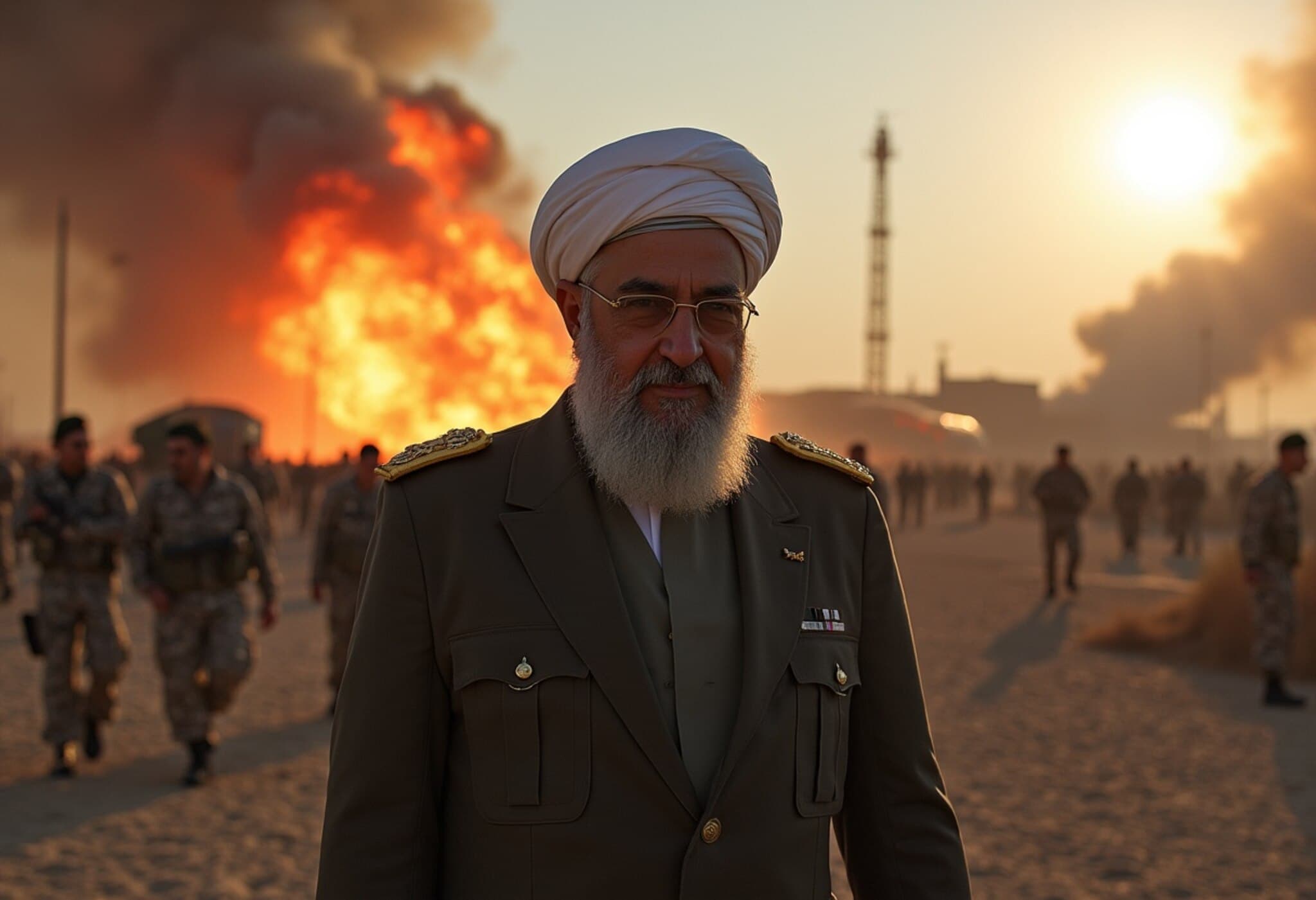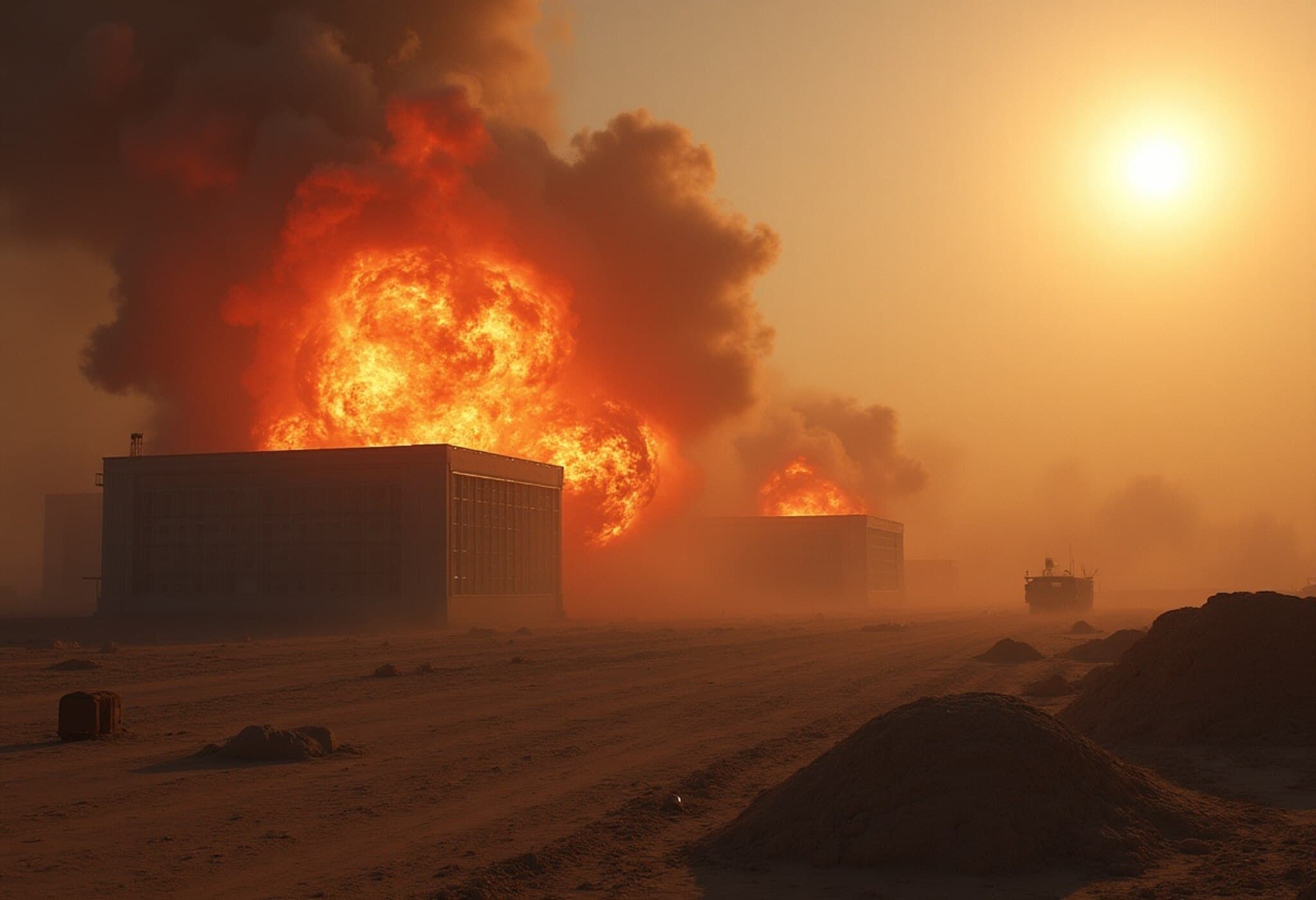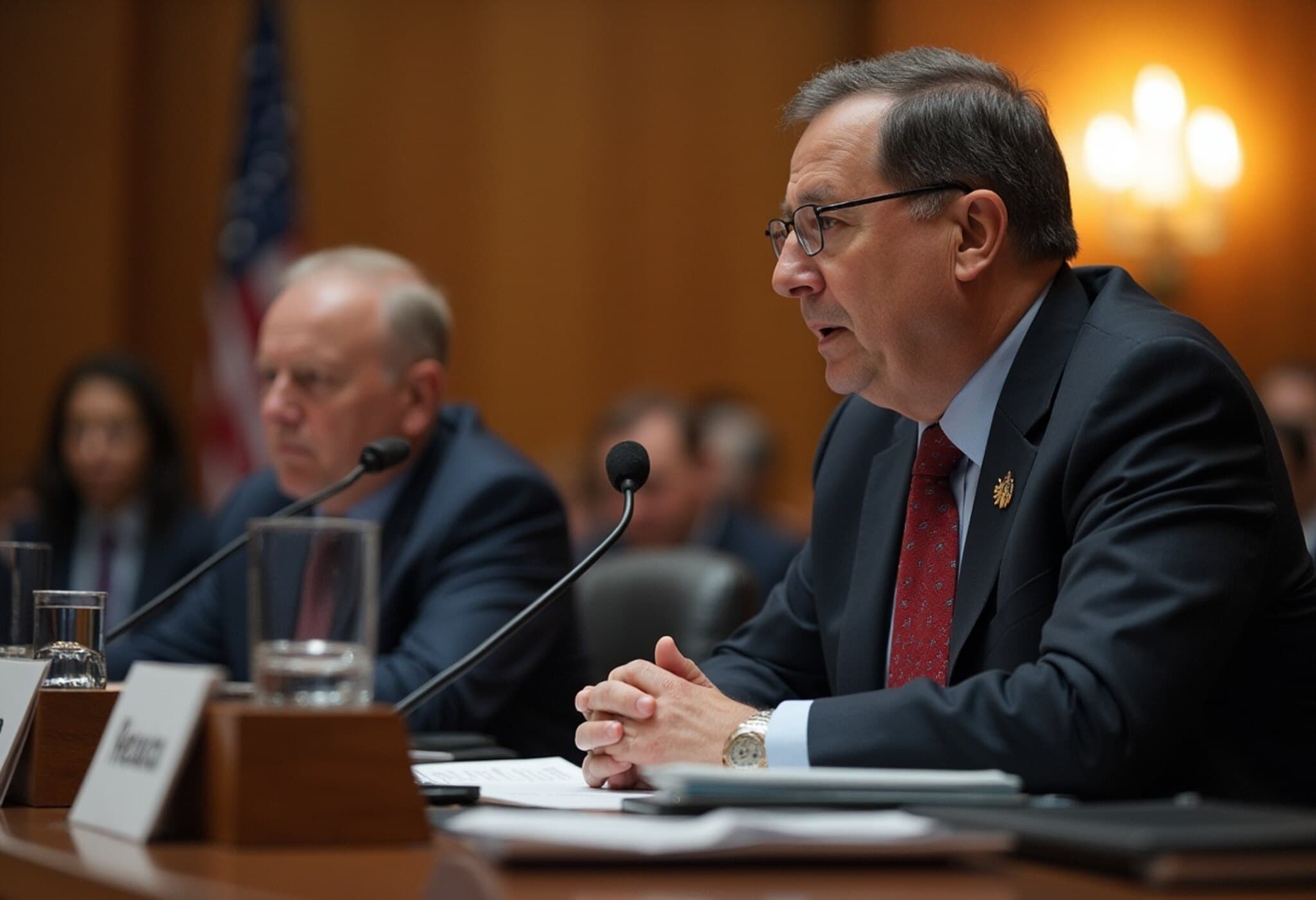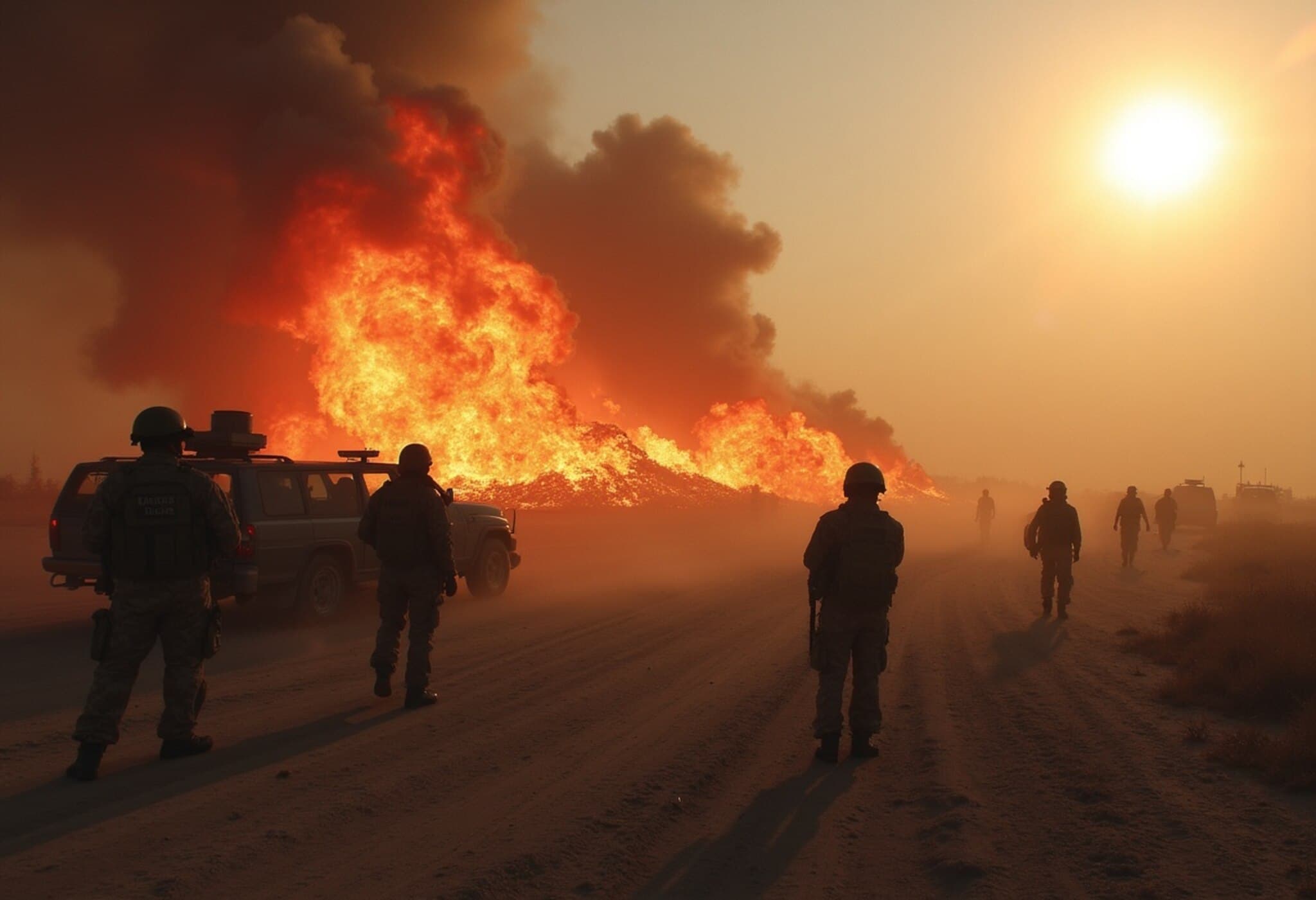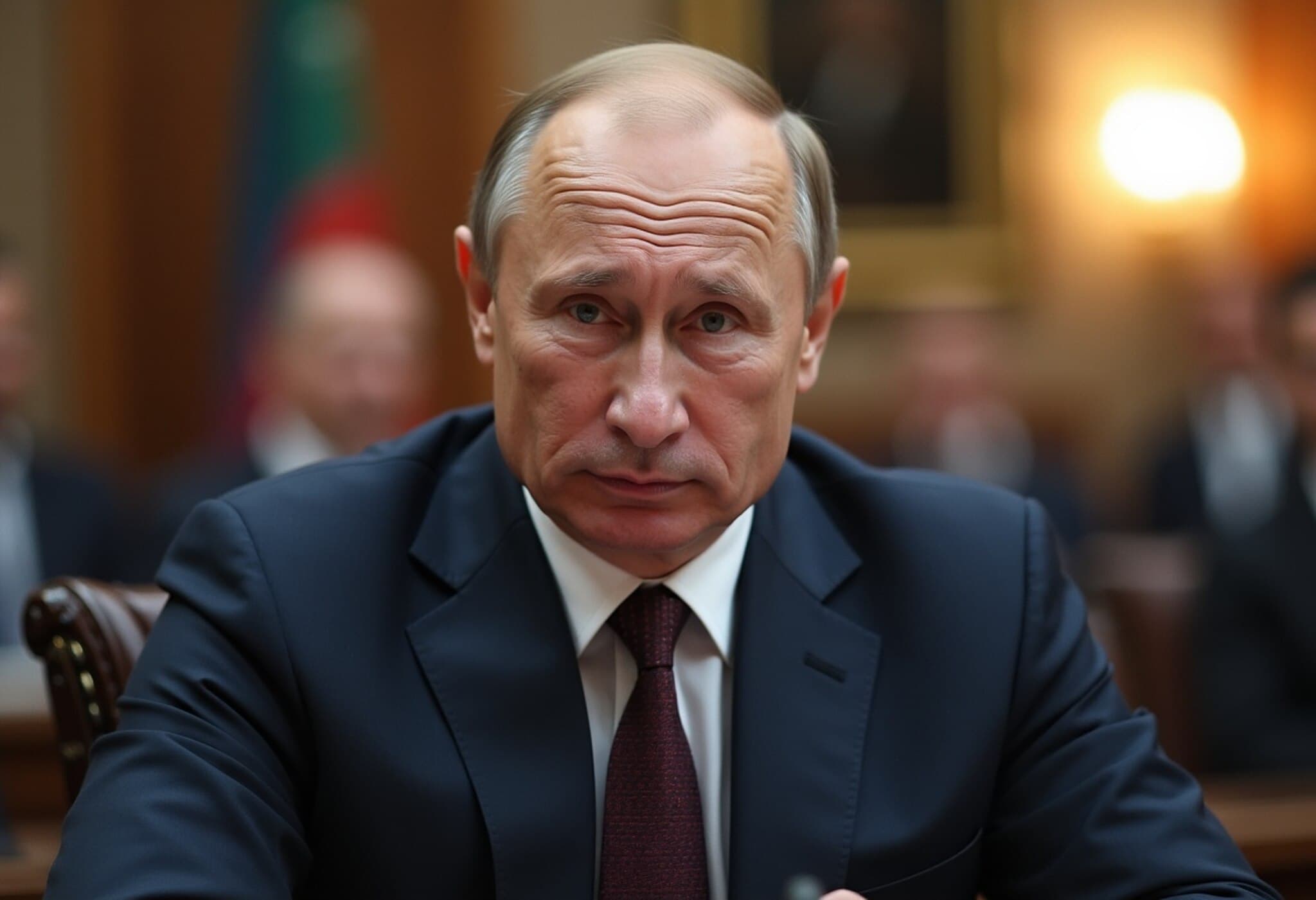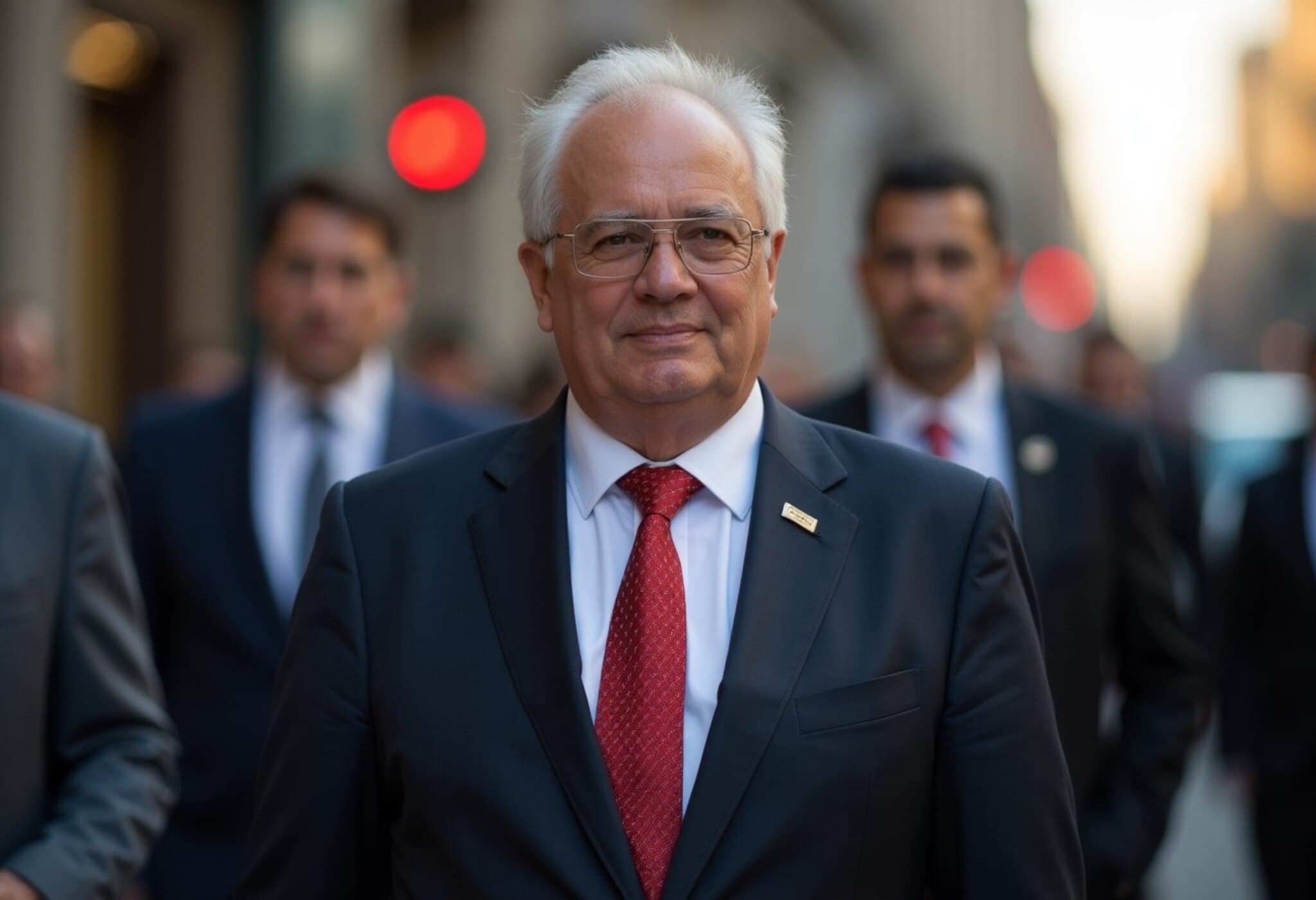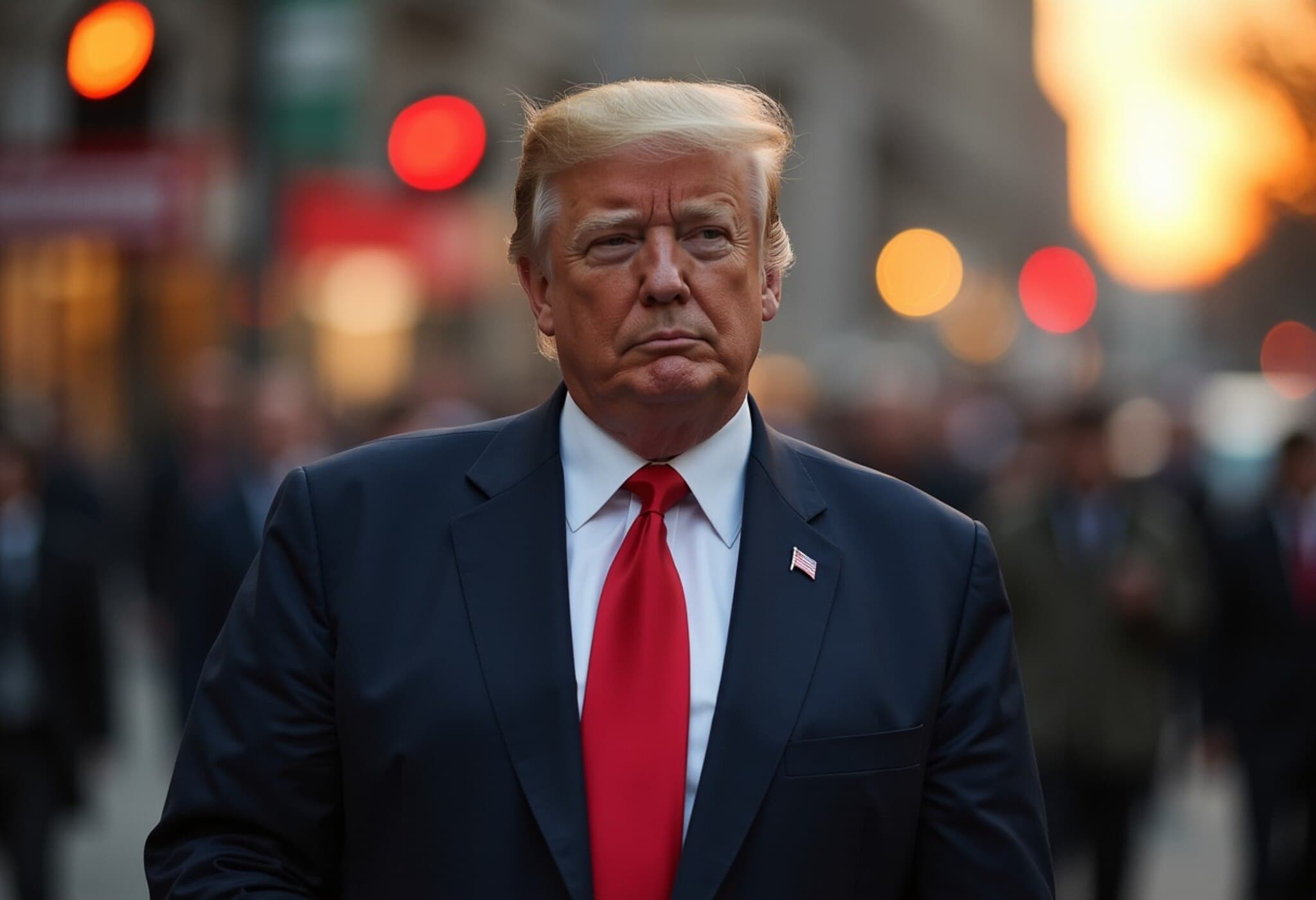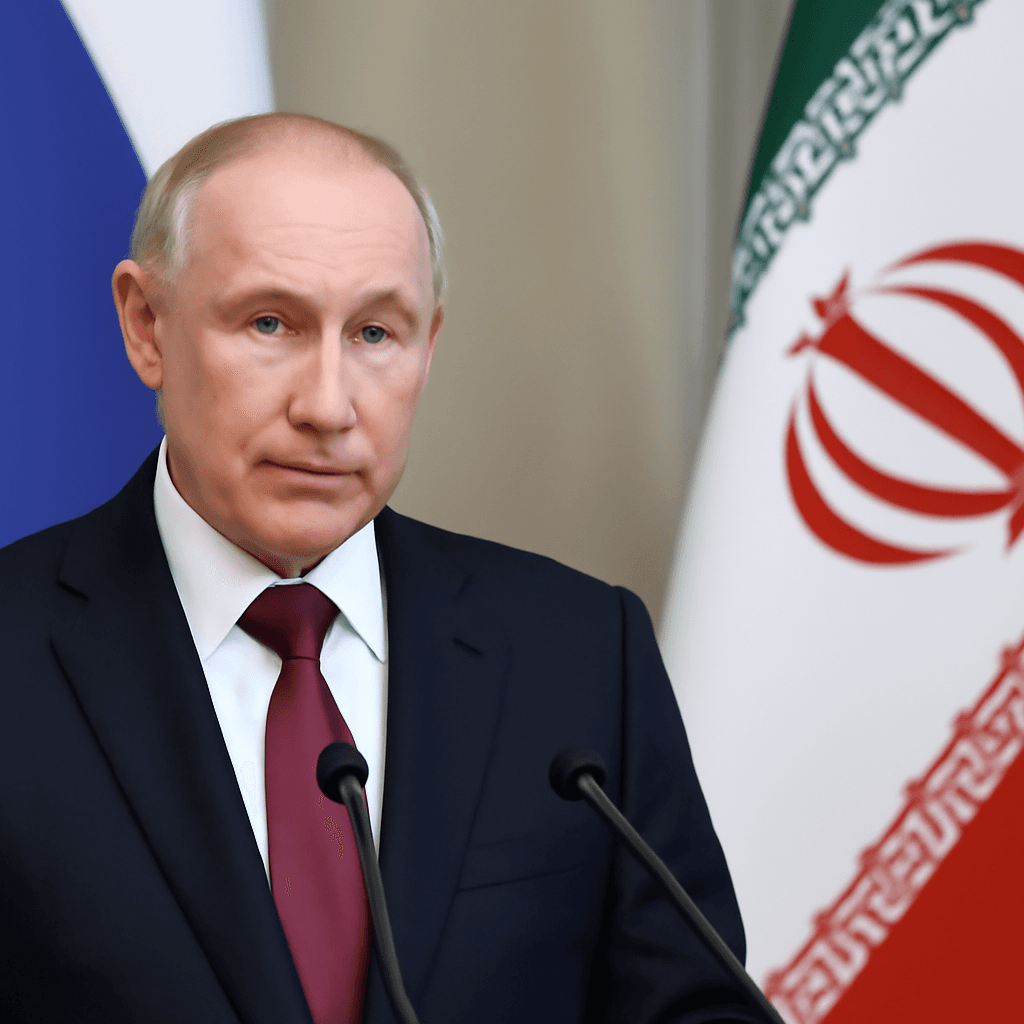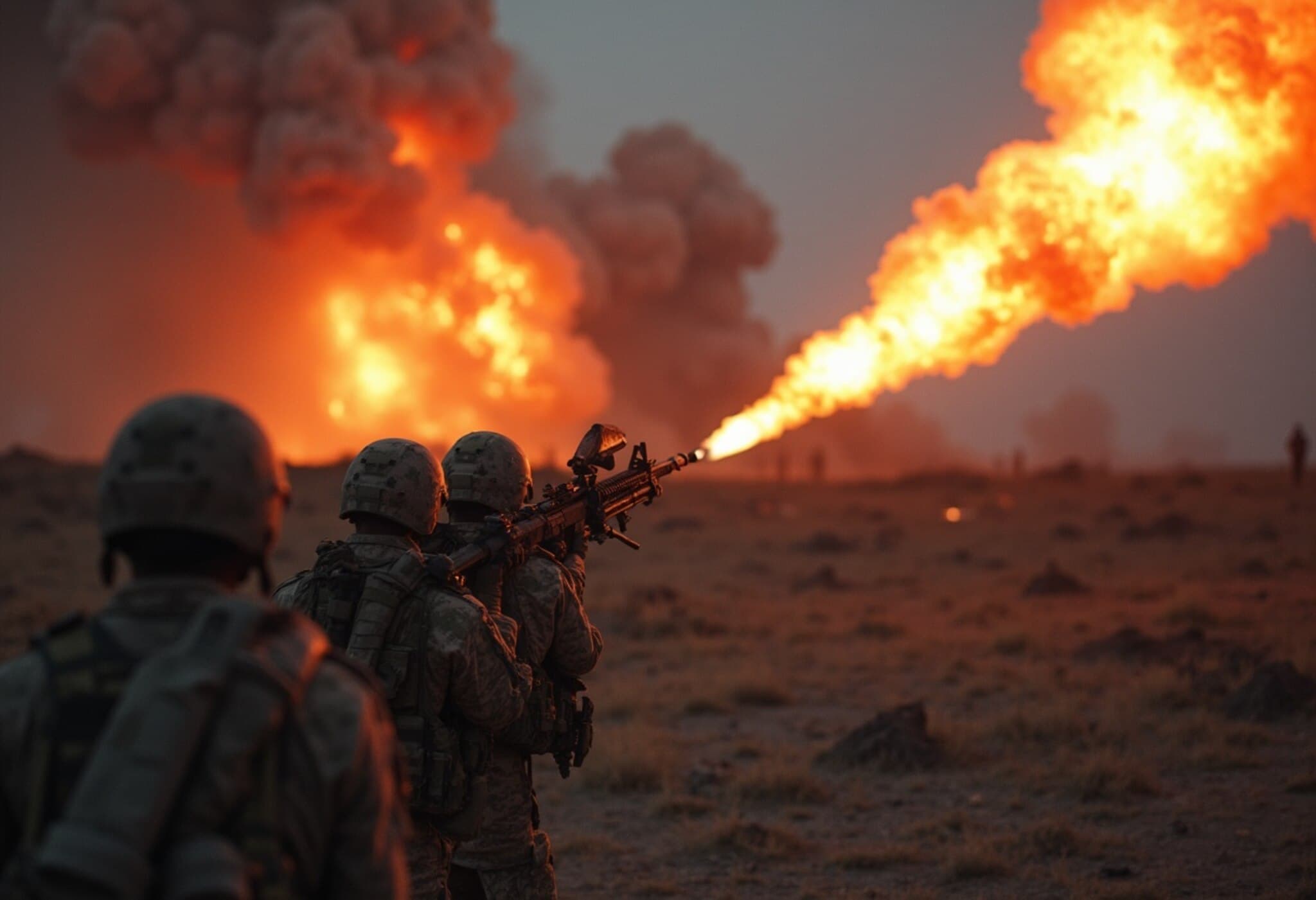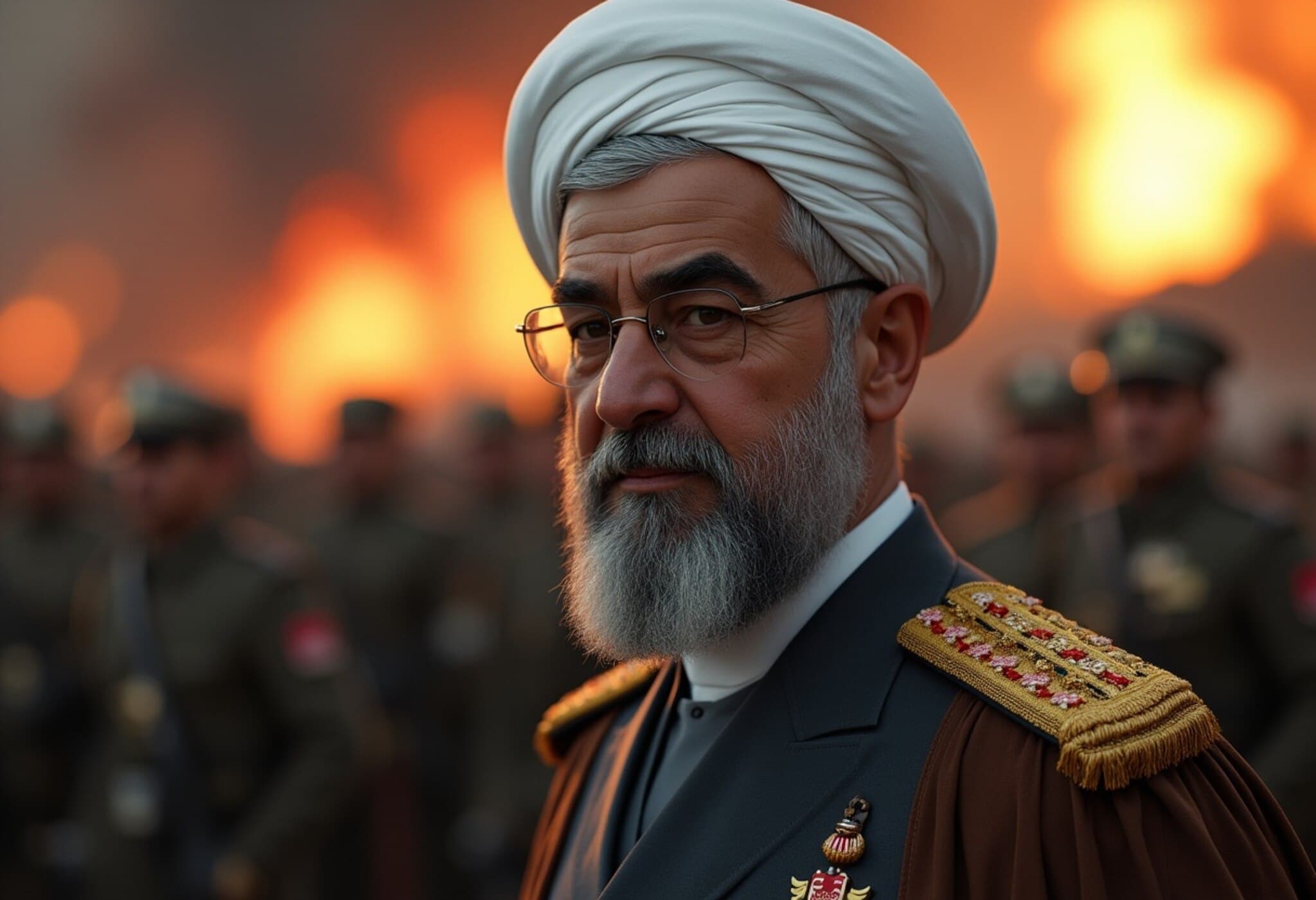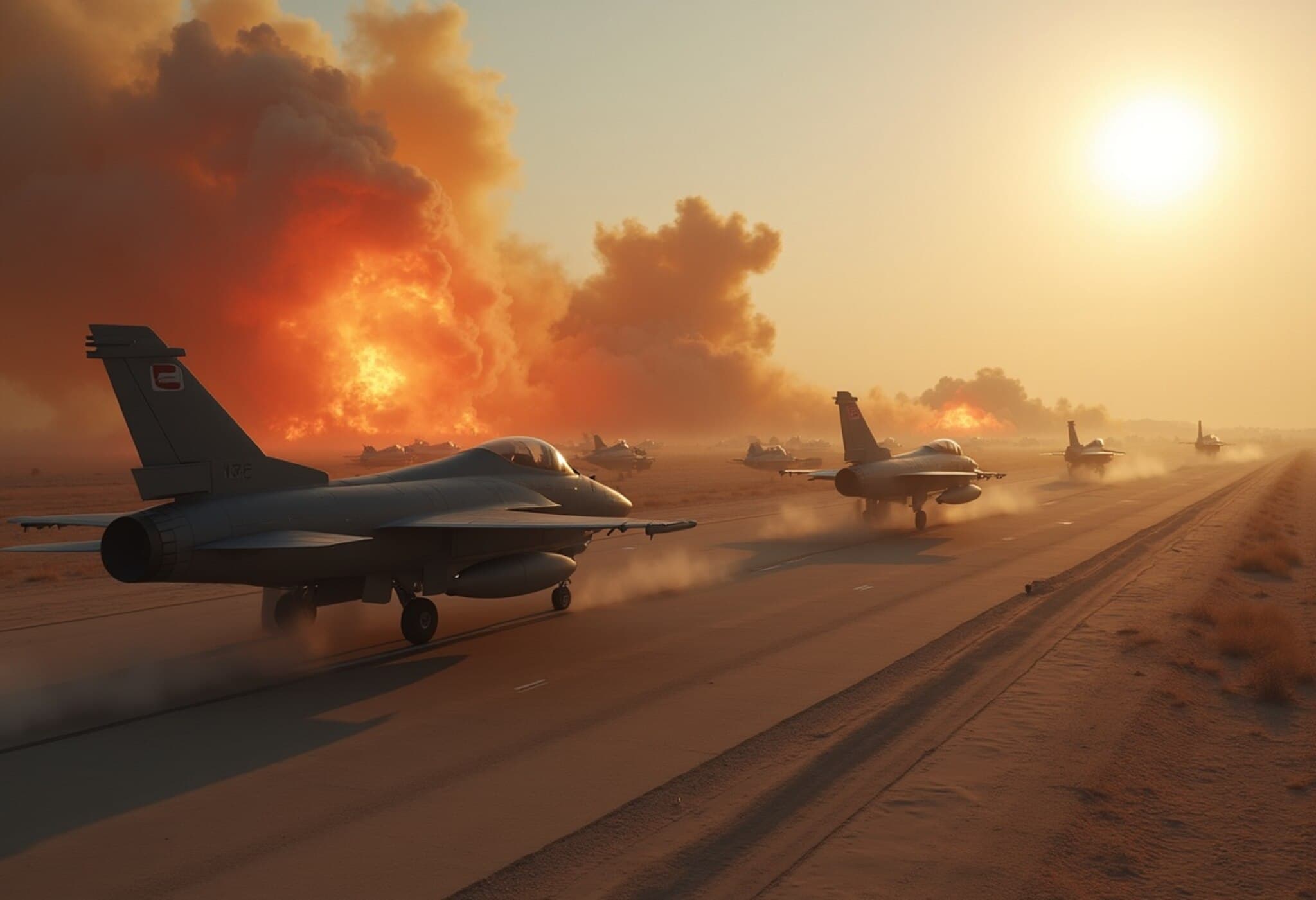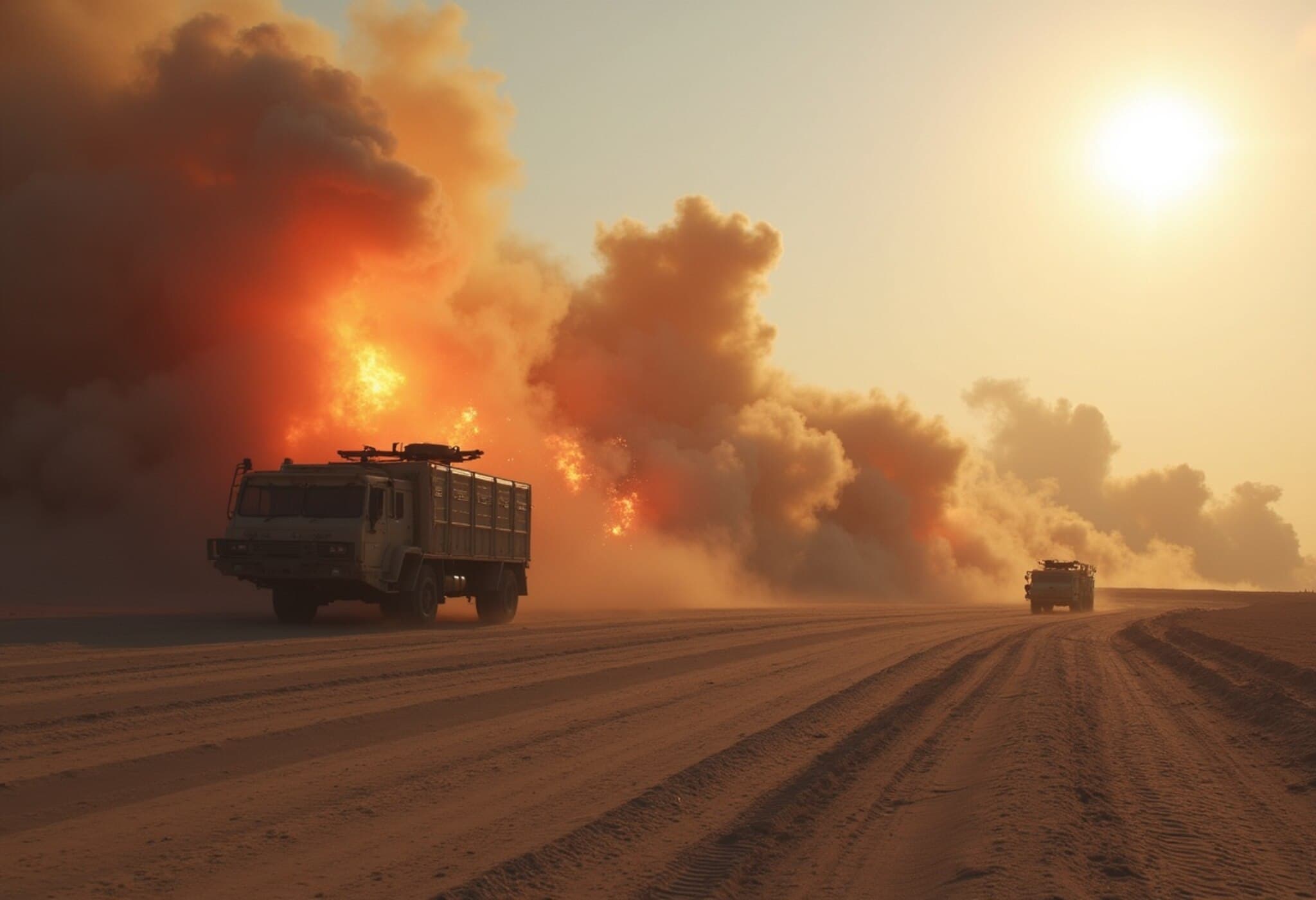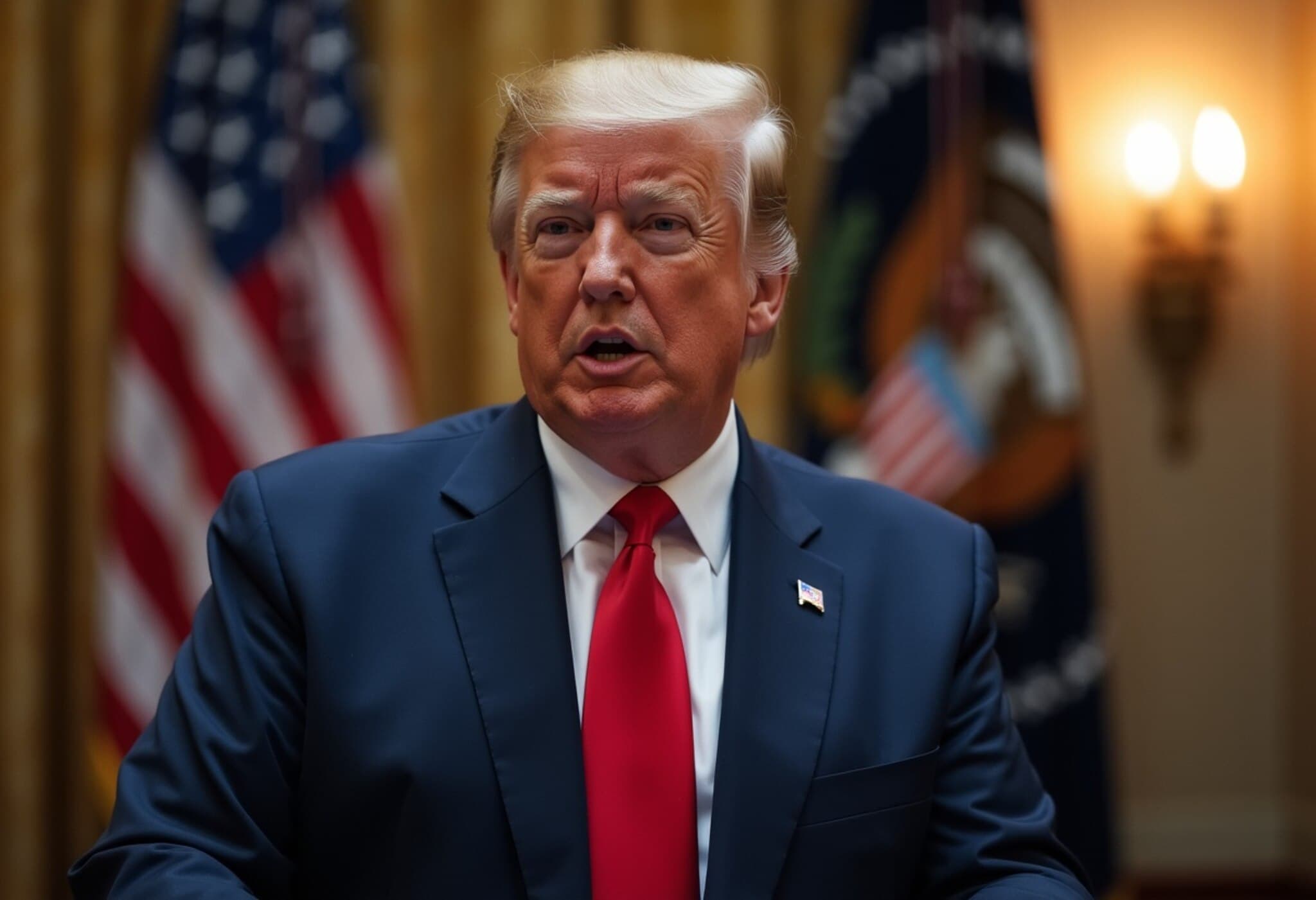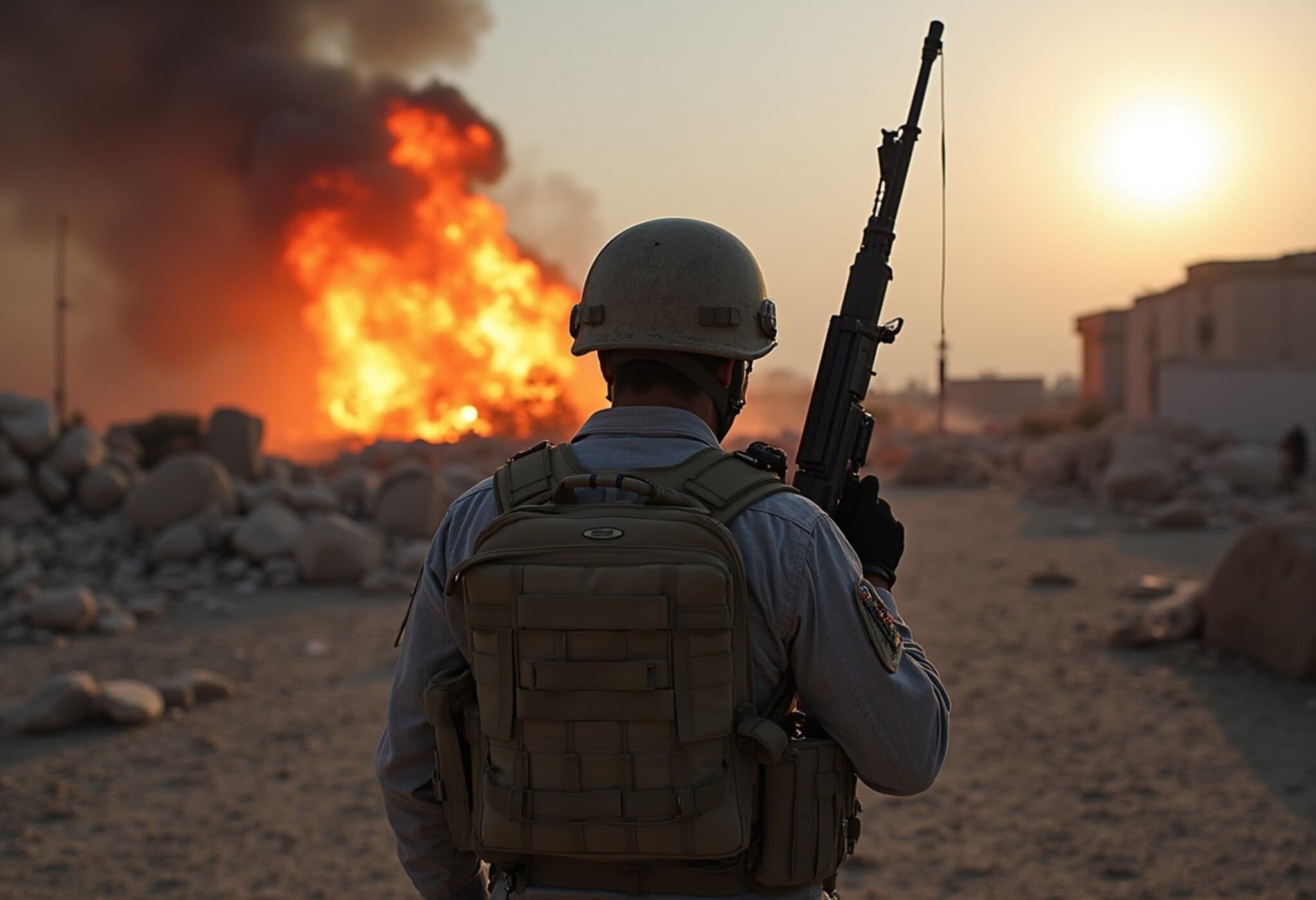US Airstrikes on Iranian Nuclear Sites Spark Fierce Retaliation Threat
In a dramatic escalation of tensions, Iran has issued a strong warning to the United States following targeted airstrikes on its critical nuclear infrastructure. The US military struck three major Iranian nuclear facilities, including the underground uranium enrichment plant at Fordow, and additional sites in Isfahan and Natanz, claiming to have dealt a severe blow to Iran’s nuclear ambitions.
Direct Warning to US President Trump
Addressing US President Donald Trump in an unusual and direct manner, Ebrahim Zolfaghari, spokesperson for Iran’s Military Central Command, declared in English, “Gambler Trump, you can start this war, but we will be the ones who end it.” This stern message underscores Tehran's readiness to escalate militarily in response.
Zolfaghari also emphasized that America’s involvement has broadened Iran’s list of legitimate retaliation targets, stating, “The United States’ direct involvement in the conflict expands the range of legitimate targets for the Iranian armed forces.”
Widening Scope of Conflict
The statement suggests that Iran views the US strikes not just as isolated attacks but as a deepening engagement, potentially leading to broader military confrontations.
Escalation Along Regional Fronts
The unfolding conflict has intensified with simultaneous attacks by Iran and Israel. Israeli forces launched missile attacks near Kermanshah, Iran, which provoked waves of Iranian missile and drone strikes on Israeli cities, causing sirens to blare and power disruptions.
Israel retaliated with strikes targeting locations within Tehran and Karaj, including a site near the notorious Evin prison, demonstrating the conflict’s expansion beyond isolated areas into the heart of Iran.
Trump’s Controversial Stance on Regime Change
Complicating matters further, former President Trump revived the controversial notion of regime change in Iran, tweeting provocatively about making Iran "great again." He wrote, “It’s not politically correct to use the term, ‘Regime Change,’ but if the current Iranian Regime is unable to MAKE IRAN GREAT AGAIN, why wouldn’t there be a Regime change??? MIGA!!!”
This rhetoric contrasts with statements from senior US officials who have downplayed the goal of regime change. Defence Secretary Pete Hegseth described the strikes as a “precision operation” targeting Iran’s nuclear programme rather than seeking to overthrow its government. Vice-President JD Vance clarified the US conflict is with Iran’s nuclear ambitions, not the country itself, while Secretary of State Marco Rubio stressed that the US is not seeking war with Iran.
The Path Ahead
As military actions and political rhetoric intensify, the region remains on edge. With Iran expanding its scope of retaliation and the US navigating divided messaging, the risk of broader confrontation looms large. Monitoring developments closely will be crucial as both sides weigh their next moves in this volatile standoff.

